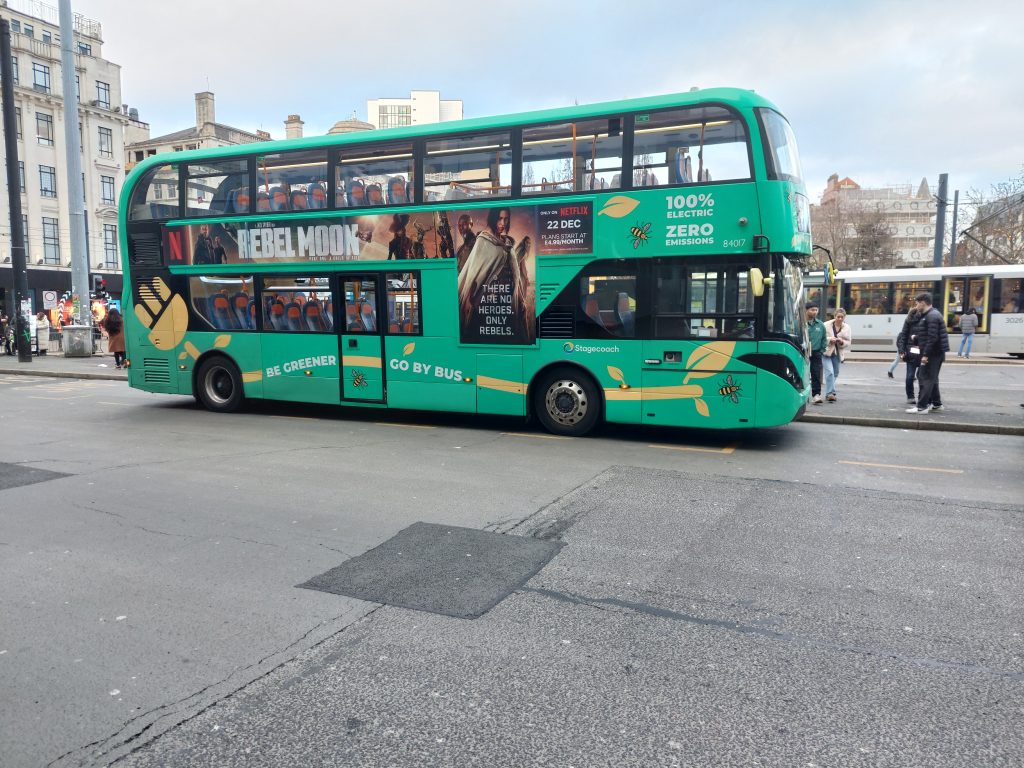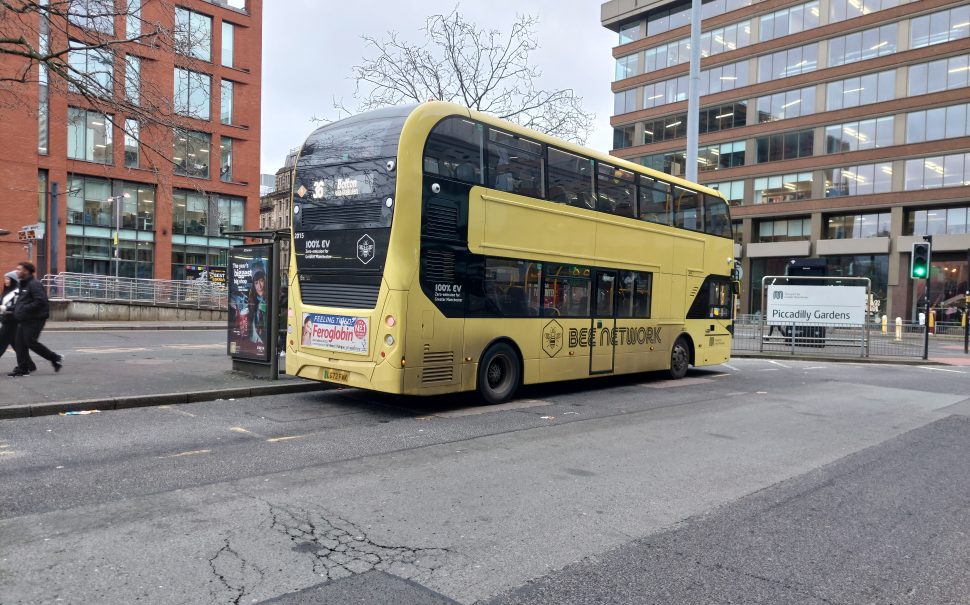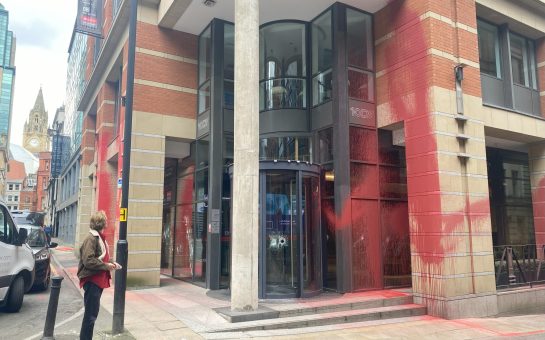With the discussion on a Clean Air Zone becoming a possibility for Greater Manchester, there is a lot of confusion around what this means for us in Manchester and what the Greater Manchester Combined Authority is planning.
So here is a guide to what a Clean Air Zone is and what GMCA is planning for Greater Manchester…
What is a Clean Air Zone?
A Clean Air Zone (CAZ) is an area where targeted action is taken to improve air quality.
A CAZ can be charging or non-charging depending on the type of vehicle and the Euro standard of the vehicle.
If a vehicle does not meet the emission standards for the zone the owner must pay a fee within six days after they drove within this zone or else they will be fined.
There are four types of CAZs, Class A to D, with A including the lowest number of vehicle types and D having the highest.
What cities have clean air zones?
Bath, Birmingham, Bradford, Bristol, Portsmouth, Sheffield, Tyneside (Newcastle and Gateshead).
London has The Ultra Low Emission Zone (ULEZ) which is the largest clean air zone in the world.
Why does Greater Manchester have to consider this?
Greater Manchester’s 10 local authorities are legally directed by government to lower nitrogen dioxide levels within legal limits asap and by 2026 at the latest.
What does Greater Manchester want to do instead?
Andy Burnham said: “Cleaning up the air that people breathe is a priority for Greater Manchester and we have already started to do that through investment in the Bee Network, which saw the first buses brought back under local control in September.”
Greater Manchester is proposing an investment-led plan to improve the Bee Network, taxi services and traffic management instead of introducing a charging CAZ.
The investment-led plan includes:
A £51.2m investment in zero-emission electrical (ZEB) busses and upgrades to electric vehicle charging station.
As part of this they will gradually introduce more ZEB buses to the Bee Network.
Their current aim is to have an entirely electric fleet by 2032, with them being on track for 50% of the buses being electric by 2027.
They are also planning a £22.5m Clean Taxi Fund, which provides grants between £3,770 and £12,560 to help all taxis (Hackney Carriages and Private Hire Vehicles) licensed within GM to meet minimum emission standards by the end of 2025.
An additional £8m Electric Hackney Upgrade Fund is planned, which would provide grants between £7,530 and £12,560 to owners of GM-licensed Hackneys to help them upgrade to a Zero Emission capable vehicle.
GM is also planning a £5m investment in measures to manage traffic flow on roads in Manchester and Salford, including Regent Road and Quay Street.

Is this Greater Manchester’s first plan?
Greater Manchester was originally set to introduce a CAZ.
In 2022, 1,309 Clean Air Zone signs were installed around Greater Manchester, with 1,194 stating the start date for the Clean Air Zone would be May 30, 2022.
When the Clean Air Zone scheme was put into review these signs became incorrect and had to be covered with stickers – costing £186,000 of taxpayer money.
Why is Greater Manchester proposing this instead of charging CAZ?
Modelling of a charging CAZ in the centre of Manchester and Salford shows it would not achieve compliance by 2026, failing to meet the government’s compliance date.
Leader of Bury Council and Clean Air lead for Greater Manchester, Cllr Eamonn O’Brien, said: “We want to do the right thing in the right way, using an investment-led, non-charging plan to clean the air in a supportive and transitional way, that does not create the risk of financial hardship.
“While we can now prove our case for an investment-led plan, modelling shows that we can’t achieve compliance through a charging Clean Air Zone by 2026.
“There is now a compelling case for what Greater Manchester has set out – a plan that is fairer, cheaper, more affordable and more democratic.”
What is the next step?
The Greater Manchester Air Quality Administration Committee presented Greater Manchester’s evidence to government when it met on 20 December.
The government will decide the measures that get approved – Greater Manchester’s preferred investment-led, non-charging plan, or a charging CAZ.




